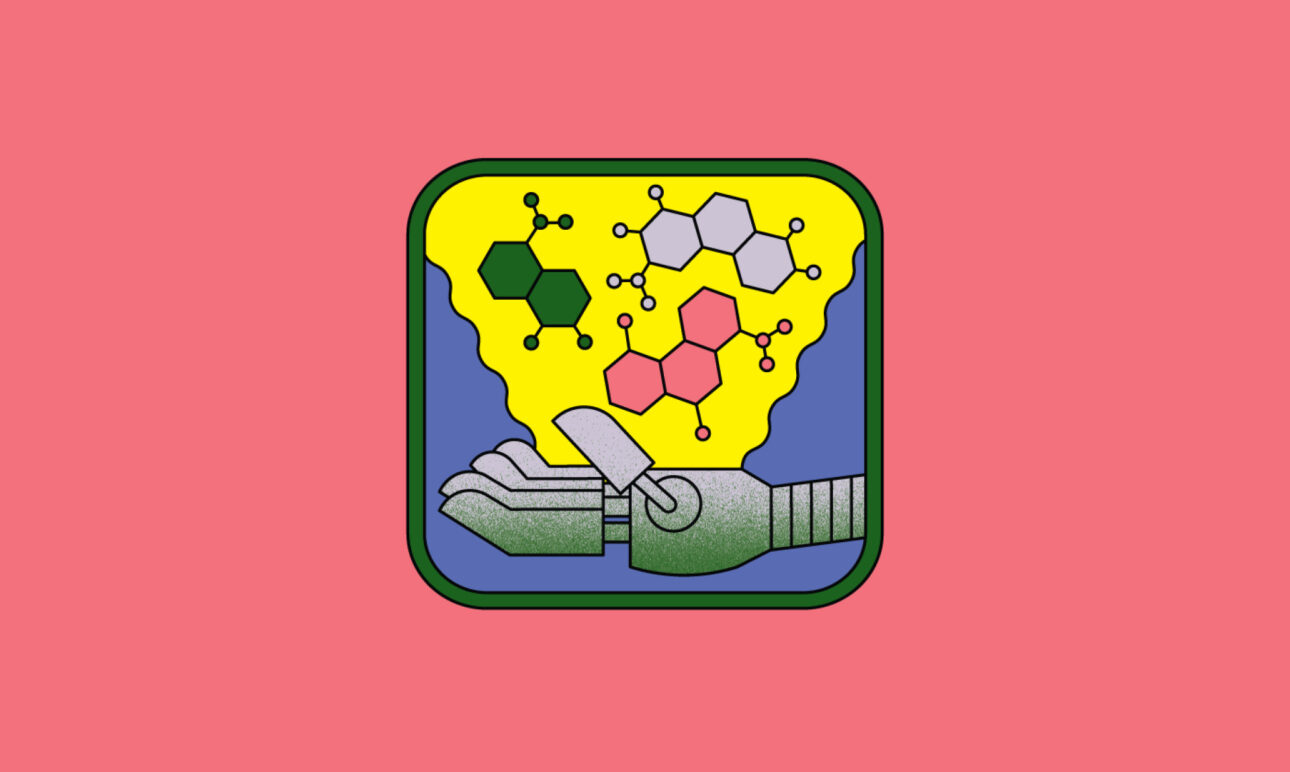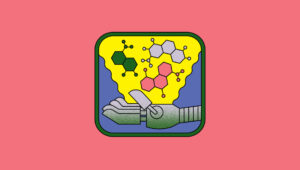BY HARNESSING THE POWER of AI protein design, scientists are creating new enzymes that can efficiently break down non-edible feedstocks for biofuel, and aim to open up new alternatives and reducing the reliance on food crops for fuel. Biofuel factories require massive quantities of feedstock and turning waste into fuel would scale production – while helping eliminate carbon emissions.
“Living organisms are remarkable chemists,” says David Baker, professor of biochemistry at the University of Washington School of Medicine. “Rather than relying on toxic compounds or extreme heat, they use enzymes to break down or build up whatever they need under gentle conditions. New enzymes could put renewable chemicals and biofuels within reach.”
Baker’s team at the Institute for Protein Design used machine learning to create light-emitting enzymes called luciferases. The team first targeted chemicals called luciferins that they wanted the proteins to act upon. They then used deep learning AI to generate thousands of possible protein structures that might react with those chemicals to create new luciferase enzymes. “We were able to design very efficient enzymes from scratch on the computer, as opposed to relying on enzymes found in nature. This breakthrough means that custom enzymes for almost any chemical reaction could, in principle, be designed,” explained Andy Hsien-Wei Yeh, one of two postdoctoral scholars who led the work.
Traditionally, stabilising proteins for biofuel production has been a time-consuming and unpredictable process. Scientists relied on trial and error, estimating which chemical compounds could stabilise proteins under different conditions. This conventional approach often took months with no guarantee of success.
“AI is revolutionising biofuel production by optimising the performance of existing enzymes and generating novel ones, thereby enhancing their efficiency and cost-effectiveness,” says InstaDeep’s Head of Bio AI Nicolas Lopez Carranza, who worked in the energy industry before creating DeepChain, a protein design platform, which enables researchers to design enzymes.
Researchers at Rutgers University similarly developed a machine-learning model to identify chemical compounds most likely to stabilise desired proteins to speed up the process. Coupled with a robotic assembly platform, this AI-driven system can produce samples of molecules for evaluation within a matter of days, saving scientists precious time and energy. “The amount of time and energy this model could save scientists is extremely important,” says Adam Gormley, an assistant professor of biomedical engineering at Rutgers University–New Brunswick.
At Israel’s Weizmann Institute of Science, researchers used machine learning tools to enhance enzyme activity. By incorporating an activity predictor into their algorithm, the team designed 12,000 enzymes that can break down xylan and cellulose, two components of plant cell walls. “Instead of disposing of agricultural waste, for example, we should be able to turn it into an energy source,” says Rosalie Lipsh-Sokolik, the PhD student who led the study. By refining the algorithm, she said the team managed, in a single experiment, to design more potentially active enzymes than standard methods could produce in a decade.




